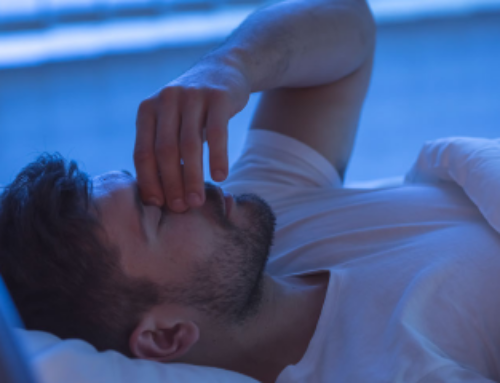It’s not your imagination that you feel sleepier after you spring forward for daylight saving time. Research shows that losing just one hour of sleep during the time change can disrupt your internal clock for several days.
As daylight saving time approaches on Sunday, March 8, 2020, there are ways you can prepare to minimize the impact of the time change on your body clock. In the days leading up to daylight saving time, you should:
- Gradually adjust your sleep and wake times. Shift your bedtime 15 to 20 minutes earlier each night for a few nights before the time change.
- Set your clocks ahead one hour on Saturday evening, March 7, and go to bed at your normal bedtime.
- Head outside for some early morning sunlight Sunday morning. Exposure to sunlight will help regulate your morning routine.
- Get plenty of sleep on Sunday night to ensure you’re rested and ready for the week.
More than half of Americans say they’re tired after the time change, and studies have found an increase in car accidents during the week following the change to daylight saving time. So, use caution with activities requiring alertness, like driving.
For more information, read the Daylight Saving Time Health Advisory from the American Academy of Sleep Medicine.
At any time of year, contact an accredited sleep center if you have an ongoing sleep problem.
Authored by:
Jennifer Gibson





